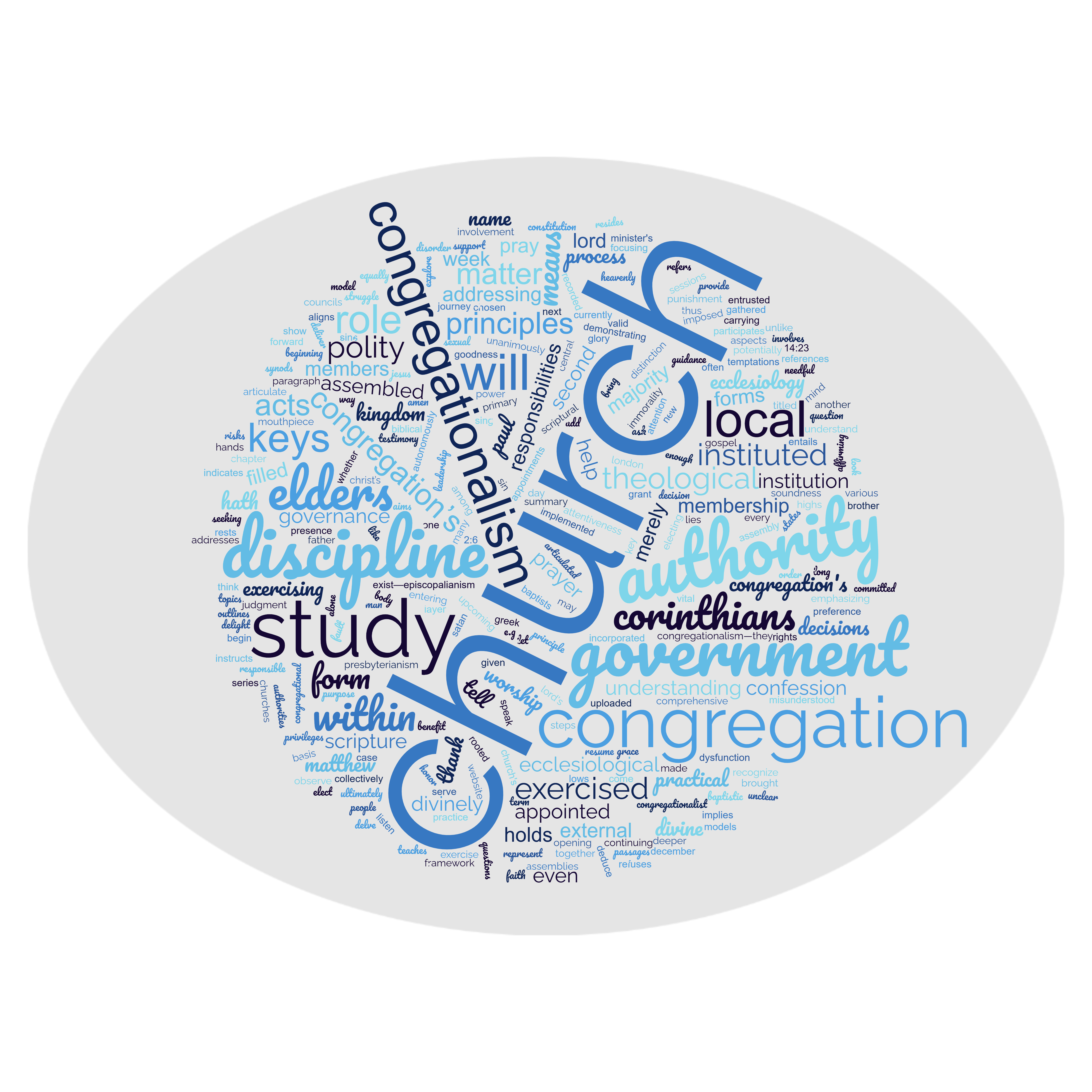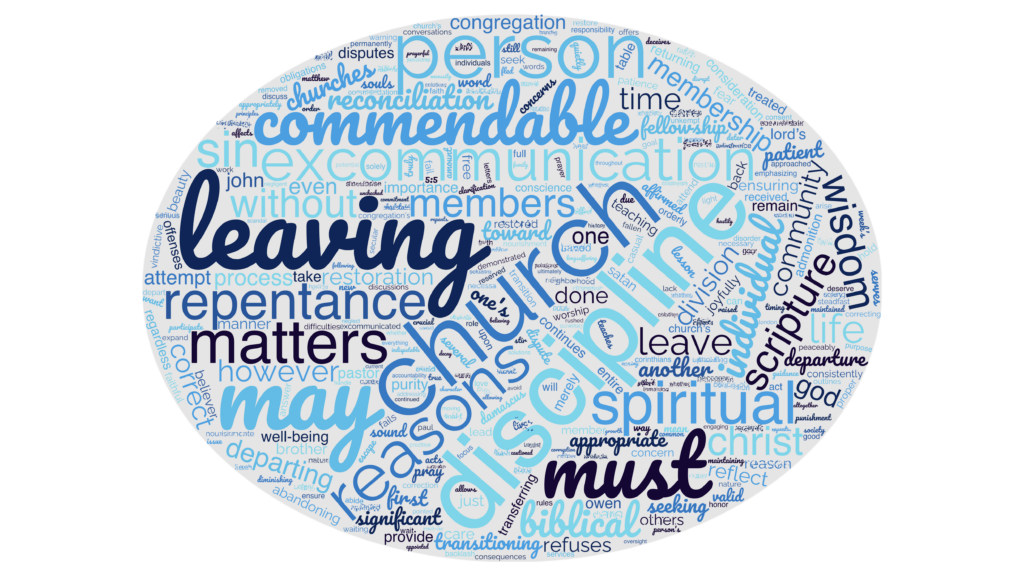Baptistic Congregationalism: An Introduction

We are beginning a new study titled Baptistic Congregationalism. This series will be recorded, uploaded to the website, and potentially incorporated into the process of entering church membership. Currently, membership involves confession, constitution, and testimony. This study will add another layer to help members understand what it means to be a congregationalist.
Understanding congregationalism is vital as it is often misunderstood, even among Baptists. Many struggle to articulate what congregationalism entails, such as the congregation’s role in church government, members’ privileges and responsibilities, the minister’s role, and how authority is exercised within the church. When these principles are unclear, the church risks disorder and dysfunction.
Opening Prayer
Let us begin with prayer:
“Heavenly Father, we thank You for this Lord’s Day. After a long week filled with temptations, highs, and lows, we come to You seeking to be filled with Your goodness. Grant us soundness of mind, attentiveness, and delight in Your presence. Help us honor You as we think, speak, sing, pray, and worship. We ask for Your guidance as we study church government, that it may bring glory to You and benefit Your people. In Christ’s name, we pray. Amen.”
Ecclesiology vs. Polity
- Ecclesiology: The theological study of the church and its government.
- Polity: How ecclesiological principles are implemented in church practice.
Congregationalism is both an ecclesiological framework and a form of polity. This study will explore the theological and practical aspects of congregationalism.
Theological Basis for Church Government: A Divine Institution
The central question is whether church government is divinely instituted or merely a matter of preference. While various forms of church governance exist—Episcopalianism, Presbyterianism, and Congregationalism—they are not all equally valid. Scripture teaches that there is a divinely instituted form of governance, and congregationalism aligns with this biblical model.
The Keys of the Kingdom
The primary distinction between these forms of church government lies in how the Keys of the Kingdom are exercised. The Keys represent:
- The Gospel
- The means of grace
- Church discipline
Congregationalism holds that these Keys are entrusted to each local church to exercise autonomously. This principle is articulated in the Second London Confession of Faith, Chapter 26, Paragraph 7: “To each of these churches thus gathered He hath given all that power and authority which is in any way needful for the carrying on that order in worship and discipline which He hath instituted for them to observe.”
Unlike other models, congregationalism does not recognize external councils, synods, or assemblies exercising authority over the local church.
Scriptural Support for Congregationalism
Matthew 18: Church Discipline
Matthew 18:15–17 outlines the process for addressing sin within the church: “If your brother sins against you, go and tell him his fault, between you and him alone. If he refuses to listen to them, tell it to the church.”
Here, “church” refers to the local congregation, not merely the elders. While elders serve as the church’s mouthpiece, the matter is ultimately brought before the congregation, affirming the congregation’s role in church discipline.
1 Corinthians 5: Assembly and Judgment
In 1 Corinthians 5:1–13, Paul addresses a case of sexual immorality within the church. He instructs the congregation: “When you are assembled in the name of the Lord Jesus you are to deliver this man to Satan.”
The congregation is responsible for exercising discipline, demonstrating that authority rests with the assembled local body.
2 Corinthians 2: The Majority Decision
Paul references the congregation’s role in discipline in 2 Corinthians 2:6: “For such a one, this punishment by the majority is enough.”
This implies that decisions are made collectively, even if not unanimously, further emphasizing the congregation’s involvement.
Acts 14:23: Electing Elders
Acts 14:23 states: “And when they had appointed elders for them in every church they committed them to the Lord.”
The Greek term for “appointed” means “to elect by a show of hands.” This indicates that elders were chosen by the congregation, not imposed by external authorities.
Summary of Congregational Principles
From these and other passages (e.g., Acts 15), we deduce that:
- Church authority resides in the local congregation.
- The congregation participates in key decisions, such as discipline and leadership appointments.
- Church government is a divine institution rooted in Scripture.
Next Steps
This study aims to provide a comprehensive understanding of congregationalism, addressing practical questions like:
- Who holds authority within the church?
- How is authority exercised?
- What are the congregation’s rights and responsibilities?
In upcoming sessions, we will delve deeper into these topics. We will resume this study in the second week of December, focusing on the matter and form of the church.
Thank you for your attention, and I look forward to continuing this journey together.
To hear the full audio of this article, visit https://covenantbaptistnb.com/sermon-audio/intro-to-baptistic-congregationalism/.



Leave a Reply